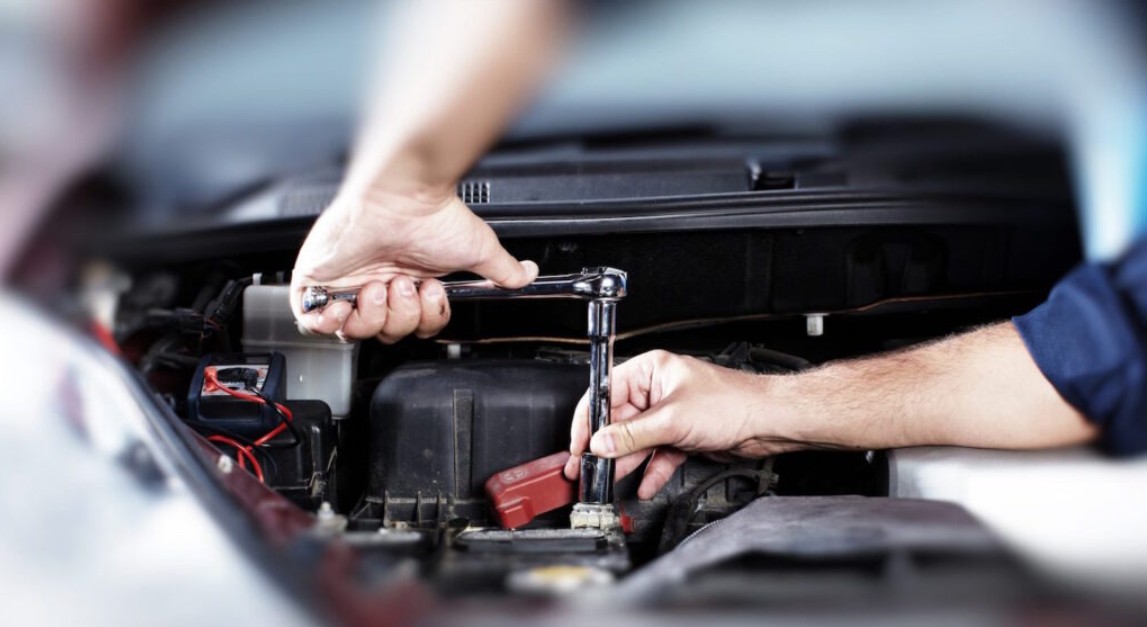
Regular car maintenance is essential for ensuring your vehicle runs smoothly and efficiently. Many drivers overlook the importance of preventative maintenance, only addressing issues when something goes wrong. However, taking a proactive approach can save you time, money, and unnecessary stress. Here are seven key reasons why preventative maintenance is crucial for your car.
1. Enhances Vehicle Safety
Safety should always be a top priority when driving. Preventative maintenance ensures that your brakes, tires, lights, and other essential components function properly. Regularly checking and replacing brake pads, inspecting tire pressure, and ensuring that your vehicle’s lights are operational can prevent accidents. Many road accidents occur due to mechanical failures that could have been avoided with routine maintenance.
Additionally, scheduling regular inspections can help identify potential problems before they become severe. For example, if your tires are worn out, they may not provide adequate grip on the road, increasing the risk of skidding or hydroplaning during rainy conditions. Keeping up with maintenance significantly reduces these risks and provides peace of mind while driving.
2. Saves Money on Costly Repairs
Many car owners avoid maintenance because they believe it’s an unnecessary expense. However, neglecting small issues can lead to costly repairs down the line. Replacing a worn-out timing belt or changing your oil regularly is far more affordable than dealing with engine damage caused by neglect.
For instance, failing to change your oil regularly can lead to sludge buildup in the engine, causing it to overheat or seize up. A routine oil change costs significantly less than a full engine repair or replacement. Investing in preventative maintenance helps you avoid major repair bills and extends the life of your vehicle.
3. Improves Fuel Efficiency
A well-maintained vehicle consumes fuel more efficiently. Dirty air filters, underinflated tires, and old spark plugs can reduce your car’s fuel efficiency, forcing it to consume more fuel to operate correctly. By addressing these minor issues through regular maintenance, you can improve your gas mileage and reduce fuel costs.
For example, simply maintaining the correct tire pressure can improve fuel efficiency by up to 3%. Additionally, replacing clogged air filters can enhance engine performance and lower fuel consumption. Small adjustments and routine care can make a significant difference in how much you spend on fuel.
Related: Automotive Power Electronics Market Growth, Trends, and Forecasts 2025-2034
4. Extends the Lifespan of Your Car
Every car owner wants their vehicle to last as long as possible. Regular maintenance prevents excessive wear and tear on your car’s components, allowing it to function optimally for years. Neglecting maintenance can lead to premature breakdowns and the need for costly replacements.
A car that undergoes routine check-ups, oil changes, and fluid top-ups will remain in better condition for longer. Investing in maintenance ensures that your vehicle stays reliable and efficient, reducing the likelihood of an unexpected breakdown that forces you to purchase a new car sooner than planned.
5. Maintains Resale Value
If you plan on selling or trading in your car in the future, regular maintenance is crucial for preserving its resale value. Prospective buyers look for well-maintained vehicles, and cars with a documented history of maintenance are more appealing and fetch higher prices.
A neglected car with engine problems, worn-out tires, and a poorly maintained exterior will not attract buyers or dealerships. Keeping up with maintenance, cleaning the interior and exterior, and ensuring all parts are functioning correctly will help you secure a better resale price when the time comes to upgrade.
6. Prevents Breakdowns and Inconveniences
Few things are more frustrating than dealing with a sudden car breakdown, especially when you’re on a tight schedule. Preventative maintenance reduces the likelihood of unexpected failures, ensuring that your vehicle is always in good working condition.
A simple battery check can prevent you from being stranded in the middle of the road due to a dead battery. Checking coolant levels and replacing belts on time can prevent overheating issues. Routine inspections help you stay ahead of potential failures, saving you from the stress and inconvenience of dealing with roadside emergencies.
7. Contributes to Environmental Protection
A poorly maintained vehicle emits more pollutants due to inefficient fuel combustion and excessive exhaust emissions. Regular maintenance helps keep your engine running clean, reducing harmful emissions and contributing to environmental protection.
For instance, changing your air filters and maintaining the proper fuel-to-air ratio in the engine can significantly decrease your car’s carbon footprint. Ensuring that your car passes emission tests and keeping your exhaust system in good condition are simple yet effective ways to minimize your vehicle’s environmental impact.
The Importance of Learning Car Maintenance
Understanding how to maintain your vehicle properly can save you money and improve your driving experience. If you want to gain in-depth knowledge about car maintenance and repairs, enrolling in a car mechanic course can be a valuable investment. A structured course can teach you how to identify potential issues, perform routine maintenance, and handle basic repairs on your own. Acquiring these skills not only enhances your ability to care for your car but also provides opportunities for career growth in the automotive industry.
Final Thoughts
Preventative maintenance is essential for ensuring vehicle safety, reducing repair costs, and prolonging the lifespan of your car. By taking proactive steps such as regular oil changes, tire inspections, and brake checks, you can enhance fuel efficiency, maintain resale value, and prevent unexpected breakdowns. Prioritizing vehicle care benefits both you and the environment, making it a smart decision for every car owner. Investing time in understanding car maintenance can also be highly beneficial, and exploring a car mechanic course is a great way to gain valuable skills for maintaining your vehicle effectively





Leave a Reply